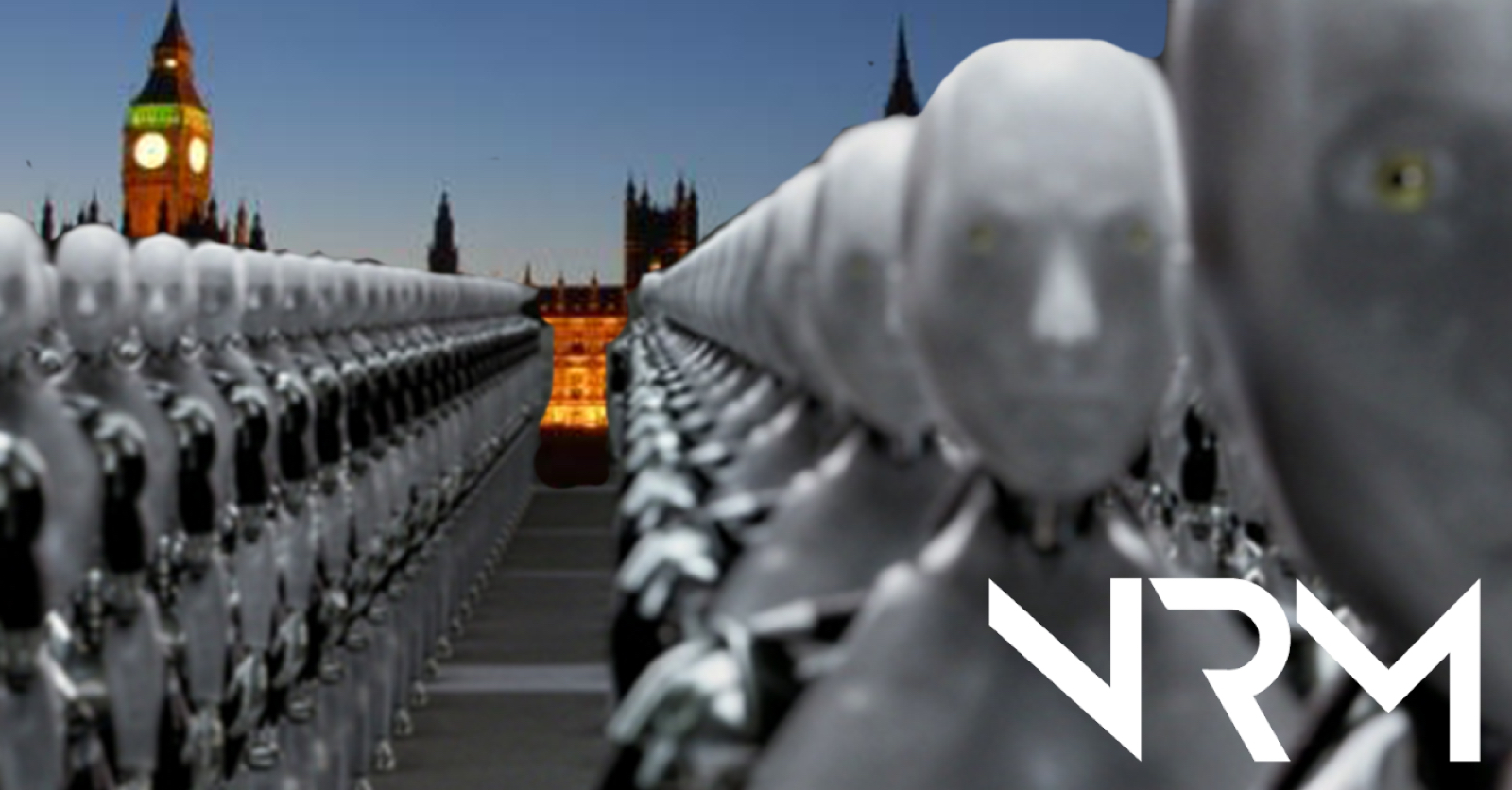
Artificial Intelligence Deal Shows The UK Government And ‘I, Robot’ Have A Lot In Common
Our government just made a £1 billion deal to be at the forefront of artificial intelligence. But from the way they’re talking about it, I can’t help but draw comparisons to a particular Will Smith sci-fi…

AI Can Predict Human Behaviour Now, As Machines Learn To Read Our Fiction
Stanford researchers have invented a new way for artificial intelligence to predict human behaviour, which is done by reading an online database of 600,000 fiction stories. If you were wondering what will give robots the edge when Skynet comes around, this would be a key element.

DARPA creates tech that lets robots learn from YouTube videos
In another step towards robots becoming self-aware, DARPA and the University of Maryland have created a program which gives them the ability to learn complicated skills using just a playlist of YouTube videos.

Super Mario World AI Listens To Your Advice And Learns How To Play
The red plumber has become self-aware. Mario AI, a project created by students from the University of Tubingen in Germany, makes Nintendo's mascot both aware of his environment and responsive to your advice.

World's Smartest Artificial Intelligence Computer Is As Smart As A Four Year Old
One of the world's smartest computers took an IQ test, did rather well for artificial intelligence, scoring as well as a four year old.

German Researchers Build Robotic Ape. Skynet Meets Planet Of The Apes
Researchers at the German Research Centre for Artificial Intelligence have built an "ape-like robotic system" that moves just like our closest living ancestors.
£1 Billion Supercomputer To Reconstruct And Simulate 'Entire Human Brain'

An international group of researchers have secured over £1 billion to fund the incredibly ambitious 'Human Brain project.' Scientists will spend the next decade understanding, mapping, and virtually simulating the network of over a hundred billion neuronal connections that illicit thought, emotion, and consciousness.
Cambridge University Centre To Study "Extinction-Level" Threat To Humans From Technology

Researchers at the University of Cambridge have formed a new centre to explore the threat advances in technology may pose on the human species. The Centre for the Study of Existential Risk (CSER), they will investigate developments in biotechnology, nanotechnology and artificial intelligence, figuring out how these areas could become a threat to humanity.
The first line of defence against Skynet is now in place.
DARPA Creates Humanoid Robot That Jumps, Climbs And Avoids Obstacles With Ease

DARPA's most recent creation, the PET-PROTO Robot, has the capability to navigate such obstacles as climbing, jumping, and traversing a wall-to-wall hole in the floor. The company says it's designed to perform complex tasks in "dangerous, degraded, human-engineered environments;" but the possibilities of outrunning Skynet are now lower than ever.
Artificial Intelligence Advances Being Led By Honey Bee Research

As part of a £1 million research project designed to advance the understanding of artificial intelligence systems, scientists from the Universities of Sheffield and Sussex are studying the brains of honey bees in the hope the results will eventually lead them to create a flying robot with artificial brain able to make decisions, think and act like a bee typically would.
The Japanese Robot That Helps You Find Lost Things

Whether it’s losing your car keys just as you’re ready to step out the door to work, or misplacing your phone after a heavy night drinking, losing property is quite simply a fact of life. No matter how hard you strive to keep things in your possession, somehow fate always comes along and puts it in some obscure place nowhere to be found. That all might be a thing of the past however, if a robot being developed by Japanese electronics firm Hitachi ever becomes commonplace in residential homes.
Scientists discover the secrets to a successful pop song
Talentless singers rejoice. University of Bristol scientists have created software that has the ability to analyse and determine the hit potential of a song.
Called 'Score a Hit,' data has been collected about tunes in the UK top 40 since 1961 for the purpose of using the equation, to see if it's estimations were correct and precise. The program has been able to predict chart positions with roughly 60% accuracy through it's algorithm of evaluating 23 characteristics of the song such as danceability, harmonic simplicity and volume.
MIT creates a chip that works like a brain

As we keep edging towards Skynet self sufficient artificial intelligence, MIT have taken a considerable step closer with their take on a Neuronal chip, mimicking the function of a synapse in the brain.


